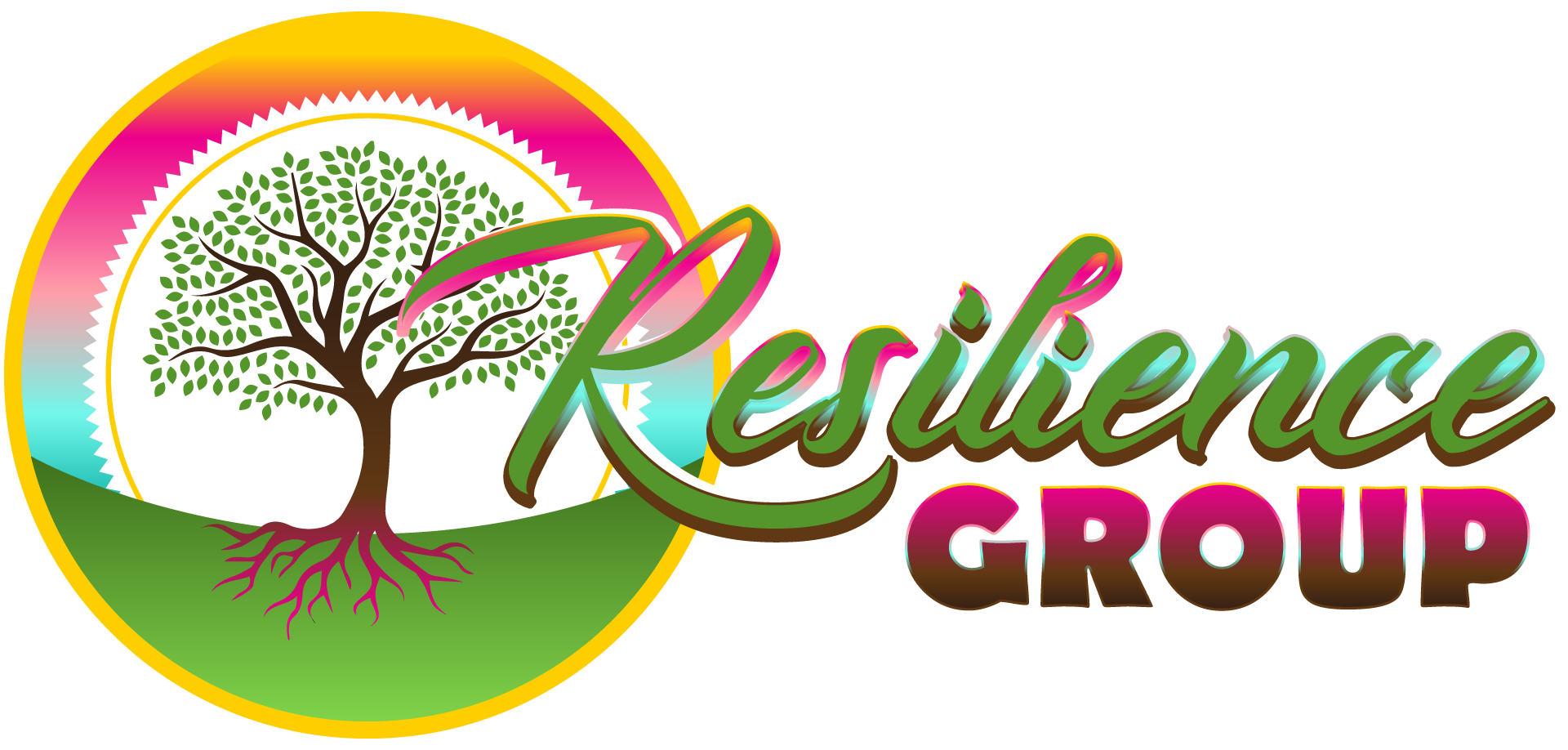Career Counseling
Career counseling is a structured, professional intervention aimed at helping individuals understand and address issues related to their career choices, development, and transitions. It involves exploring personal interests, skills, values, and goals to identify suitable career paths and create actionable plans for achieving professional success and satisfaction. This process is grounded in psychological principles, assessment techniques, and evidence-based counseling approaches.
Key Features:
-
Assessment:
- Evaluation of an individual’s abilities, interests, personality traits, and values using tools such as aptitude tests, career inventories, and self-assessments.
-
Goal Setting:
- Establishing realistic and personalized short-term and long-term career goals aligned with the client’s interests and market trends.
-
Decision-Making Support:
- Assisting clients in evaluating career options and making informed decisions about education, training, or job opportunities.
-
Skill Development:
- Enhancing competencies such as resume writing, interview techniques, and networking strategies.
-
Addressing Barriers:
- Identifying and overcoming obstacles to career progression, such as lack of resources, confidence, or specific skills.
-
Life-Stage Transitions:
- Guidance on career transitions at various life stages, such as entering the workforce, mid-career changes, or retirement planning.
Theoretical Frameworks in Career Counseling:
- Trait-and-Factor Theory: Matches individual traits (e.g., abilities, interests) with the requirements of a career.
- Holland’s Career Typology: Emphasizes the alignment between personality types (e.g., Realistic, Investigative) and work environments.
- Super’s Life-Span, Life-Space Theory: Views career development as a lifelong process influenced by changing roles and self-concept.
- Social Cognitive Career Theory (SCCT): Focuses on the role of self-efficacy, outcome expectations, and goals in career decision-making.
- Narrative and Constructivist Approaches: Encourages individuals to construct personal career stories based on their experiences and aspirations.

Applications:
Career counseling serves diverse populations, including:
- Students: Choosing educational paths and exploring career interests.
- Job Seekers: Navigating unemployment or career transitions.
- Professionals: Addressing job dissatisfaction, burnout, or skill development needs.
- Retirees: Planning for post-retirement activities or second careers.
Process:
- Initial Consultation: Establishing rapport, identifying goals, and discussing expectations.
- Assessment: Gathering data through interviews, questionnaires, and career tools.
- Exploration and Planning: Generating career options and developing strategies.
- Implementation: Applying strategies through job applications, training, or educational enrollment.
- Follow-Up: Monitoring progress and providing ongoing support or adjustments.
Clinical Perspective:
Career counseling is particularly relevant in addressing co-occurring challenges such as anxiety, indecision, or low self-esteem related to career uncertainty. It is often integrated with broader therapeutic approaches to address these underlying concerns.
Outcome Goals: Increased self-awareness, improved decision-making skills, and alignment between personal values and career goals.
Contact
(435) 313-8533
Location:
Resilience Group
Saint George, UT 84770
In-person and telemedicine available
